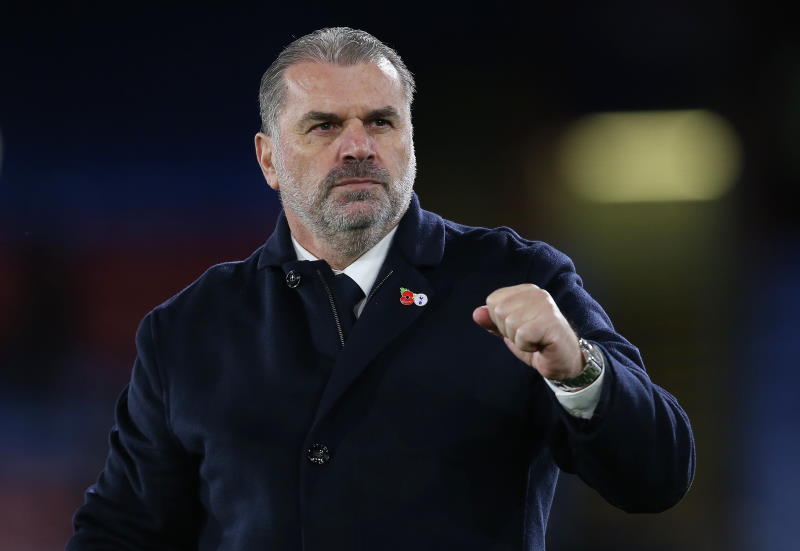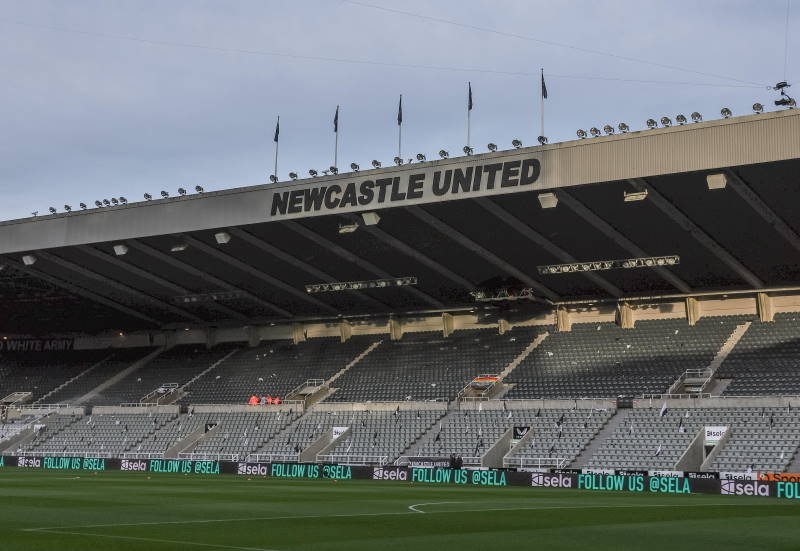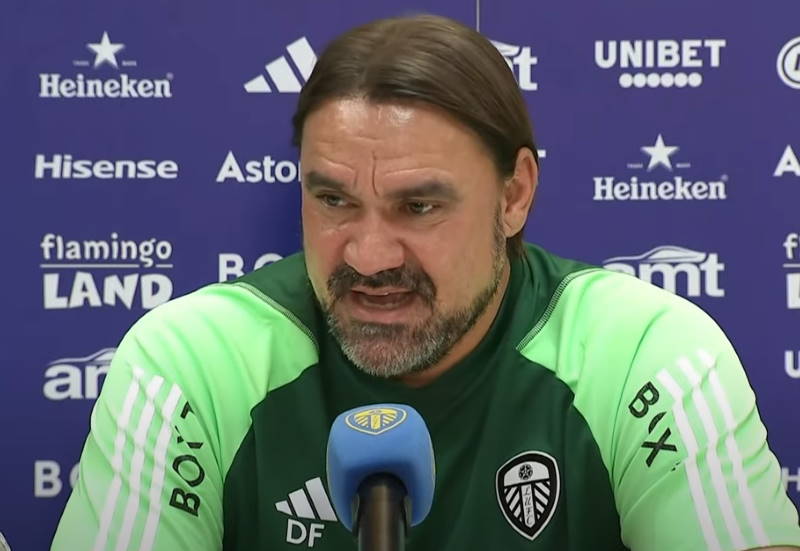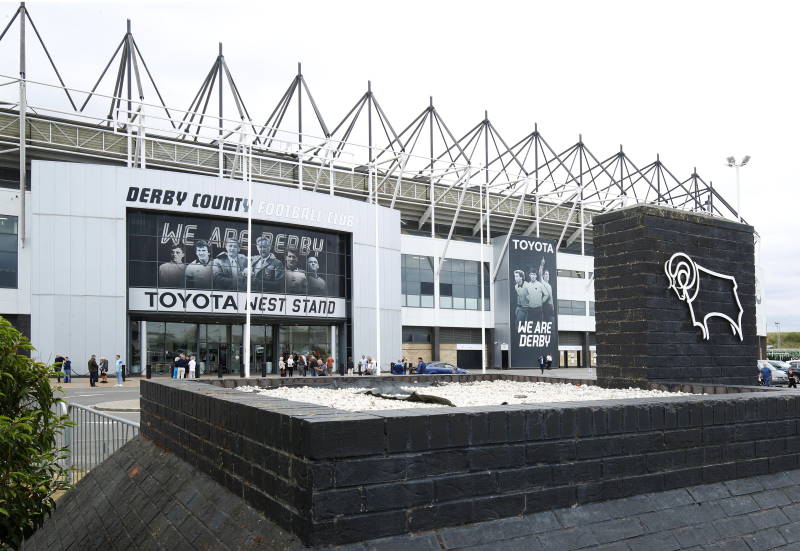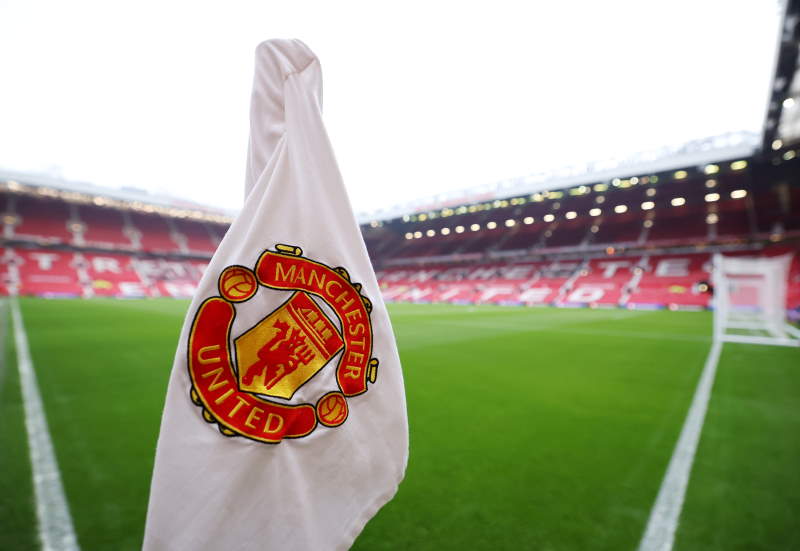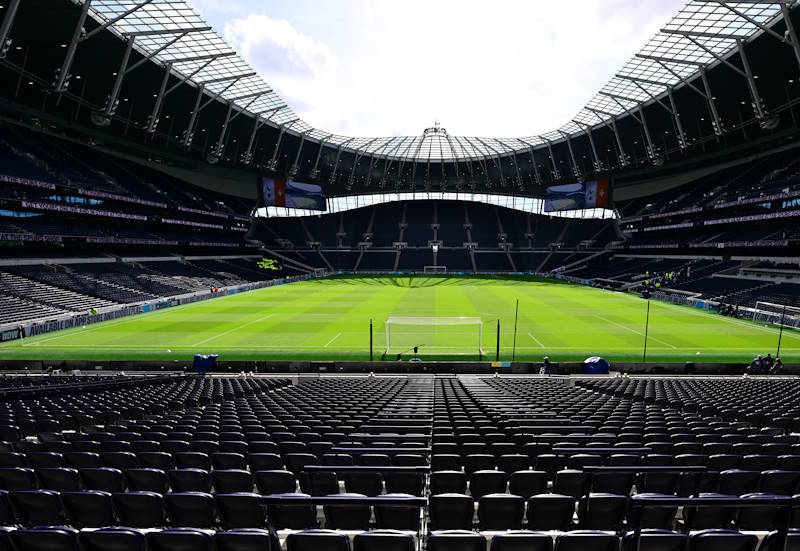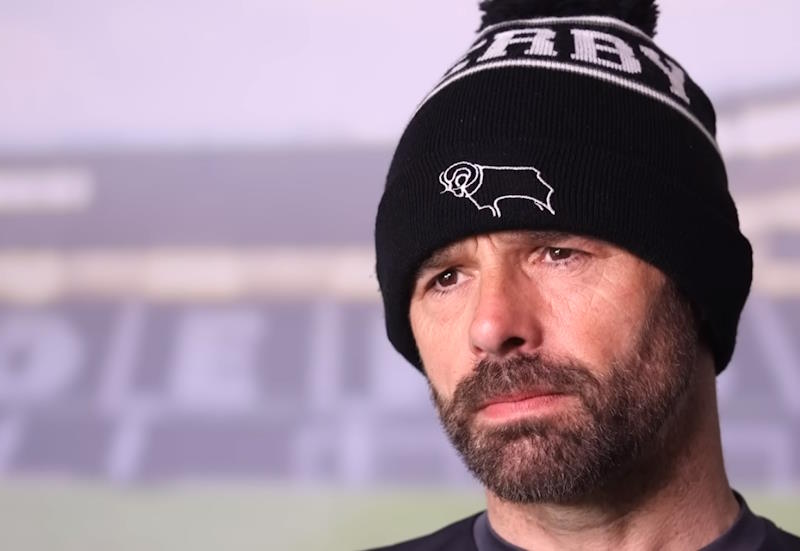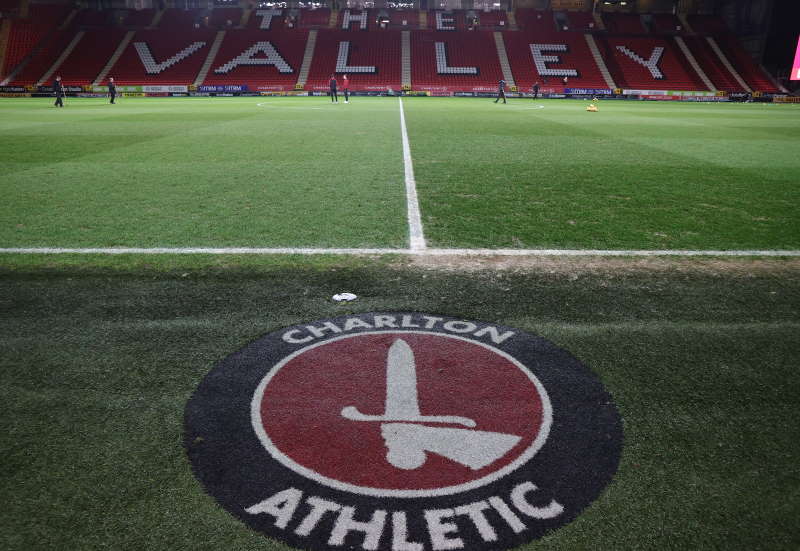
David Mauro
As one Chilean comedian said last week, "If you want to keep your job, always shake your boss’s hand."
Unfortunately, former Chilean national team coach Marcelo Bielsa did not take that advice last summer when he very publicly snubbed Chilean President Sebastian Pinera after the World Cup. As a result, Bielsa now finds himself without a job.
That is not to say Bielsa, an Argentine whose leadership of La Roja has made him a national hero, was fired. Bielsa opted to resign immediately following the election of Jorge Segovia as president of ANFP, the Chilean football association.
Segovia defeated the incumbent president Harold Mayne-Nicholls, who was considered to be a closer ally of former Chilean President Michelle Bachelet. Bielsa had also not been shy about his preference for Bachelet over Pinera, the nation`s first centre-right president since Augusto Pinochet left office in 1990.
While politics complicated Bielsa’s tenure, it was a looming battle for complete control of La Roja that led to his early exit. Segovia, until recently the president of the Santiago-based club Union Espanola, is known for taking a hands-on role in the day-to-day management of his teams. Bielsa had demanded complete autonomy, expressing a desire to work with not only the senior national team, but also the Under-23 and Under-21 sides. It became clear, even before Mayne-Nicholls was defeated in the 4th November vote of the country`s first and second division club presidents, that a pairing of Segovia and Bielsa would present daunting problems.
Of course, some Chileans contend that may have been the very point of Segovia´s candidacy. In a poll conducted by a Chilean news agency, nearly 58 per cent believed that President Pinera interfered in the election in order to get rid of Bielsa.
Mayne-Nicholls, an Antofagasta-born journalist, was content to leave many of the most important decisions to Bielsa. In turn, Bielsa rewarded the president`s confidence with Chile`s first World Cup berth since 1998 and most successful campaign since the nation hosted the tournament in 1962. Segovia, a Spaniard born in Madrid, will bring a different style to the ANFP presidency. In his first press conference following his election as president, when asked about Bielsa, Segovia said it was "case closed" and refused to devulge further details. As president of Union Espanola, Segovia has not been shy to express his opinions, firing manager Ruben Israel after he refused to play Raul Estevez.
While much of Chile continues to mourn the loss of Bielsa, and prepare to blame Pinera and Segovia for the decision, the new president will be forced to make a choice that will likely define his time as the ANFP`s leader: who will the Chilean national team`s next manager be?
While Bielsa has shot to the top of the list to become the next manager at Argentina`s River Plate, there is no clear favourite to take over La Roja. Chilean midfielder Rodrigo Millar said the team needs someone who can maintain "the prestige" that Bielsa brought to the squad.
Well-known names such as Frank Rijkaard, the former Barcelona coach who recently left Galatasaray and was rumoured to be being eyed by Liverpool, have been mentioned in the Chilean press. Sven-Goran Eriksson, the journeyman whose last foray in Latin America ended in disaster with the Mexican national team, has also seen his name crop up in discussions.
Boca Juniors manager Claudio Borghi, who coached Chilean club Colo Colo when President Pinera owned 14 per cent of Los Albos, has also been mentioned as a potential candidate. Borghi, who is wildly popular among Colo Colo supporters, would be a popular choice, and despite his assurances that he wants to stay with Boca, there is no guarantee the club will want to keep him following a disappointing campaign. Even Nelson Acosta, who led Chile to the 1998 World Cup, could be considered. However, Acosta, who is viewed as a tactically inferior coach to Bielsa, was only recently sacked by Everton de Vina del Mar and it is difficult to imagine him reclaiming his old job.
As many Chileans worry the loss of Bielsa could end their nation`s rapid ascension to the world football elite, at least one countryman whose opinion should be valued remains unfazed.
"Bielsa is not God nor did he invent football," remarked Manuel Pellegrini, the Chilean who managed Real Madrid last season and now prowls the sidelines for Malaga.
Pellegrini, who would have found himself top of the national team`s list had he not signed for Malaga on 4th November, is certainly right, but that will do nothing to temper the worries of the 17 million people in the South American nation.
Chile should be able to find success in the absence of Bielsa. It is if they abandon the aggressive, fearless style that the Argentine dubbed "El Loco" had instilled in them that they could find themselves in trouble.

